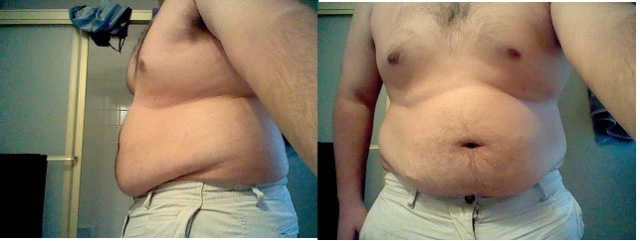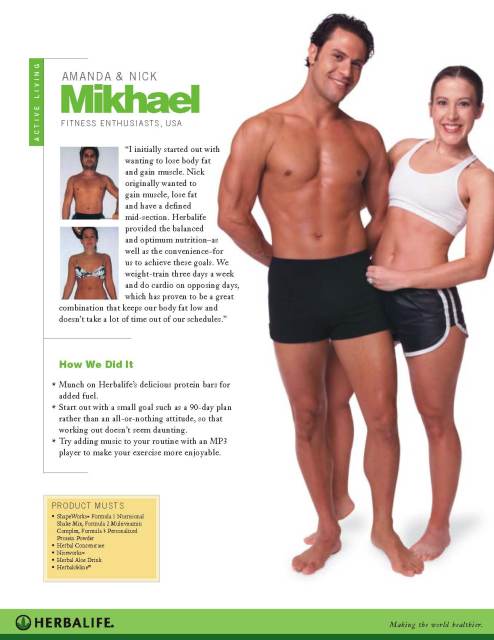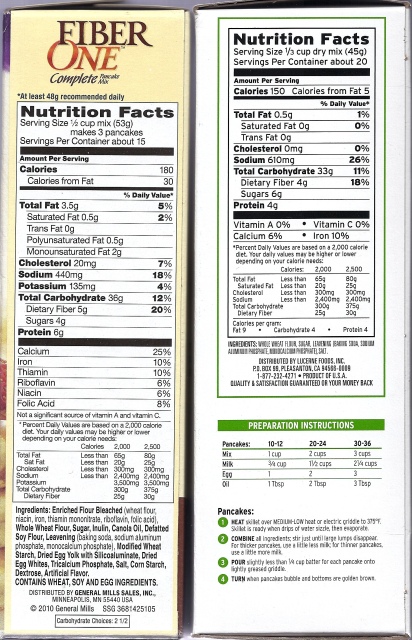Chocolate and honey
Question
How chocolate and honey is godd for health?
Hi Sanoob,
The health benefits of chocolate are primarily for *dark* chocolate. Here is a brief overview of the health benefits of chocolate (from wholehealthmd.com):
Chocolate is believed to contain more than 600 chemicals that may have important health benefits. A significant health benefit attributed to chocolate is cardiovascular protection. Flavonoids in chocolate function as antioxidants that prevent the build-up of coronary arterial plaque, which is known to contribute to the development of heart disease. One of the flavonoids in chocolate, catechin, is found in tea and is believed to protect your heart as well as your immune system. Catechins may also have anti-cancer enzymes; and they also contain heart-healthy benefits from the suppression of platelet aggregation and the reduction of oxidized LDL (the "bad" cholesterol) blood levels.
Chocolate also contains magnesium, potassium, manganese, and small amounts of protein, Vitamin A, phosphorus, calcium, and trace amounts of iron.
A note of caution, however: Chocolate also contains stearic acid, a saturated fatty acid (also found in beef and some dairy foods) that has been implicated as a risk factor in heart disease. The jury is still out on this, because the stearic acid in chocolate comes along with numerous cardioprotective compounds. Chocolate also contains a naturally occuring compound called phenylethylamine whose effects are similar to amphetamines. Although this may account for chocolate "addiction," it may also trigger migraines in susceptible people.
Here is a summary of the health benefits of honey (again from wholehealthmd.com):
Honey contains small amounts of amino acids as well as Vitamin B6, thiamin, riboflavin, pantothenic acid, and trace amounts of essential minerals, such as calcium, copper, iron, magnesium, manganese, phosphorus, potassium, sodium and zinc. Even though these substances appear in trace amounts, they do nonetheless contribute to overall nutrition intake.
There is one important caveat, however, regarding honey: Honey should never be fed to infants under the age of 12 months. Because their digestive systems are immature, babies less than one year of age are susceptible to infant botulism, an illness that can originate from spores (microorganisms) in honey that have no effect on adults (older children and adults have sufficient amount of stomach acids to kill the bacterium quickly).
Currently under review for antioxidant potential, honey contains several compounds that function as antioxidants, one of which is unique to honey, called pinocembrin. Pinocembrin is also being studied for potential antibacterial properties. Honey contains specific enzymes as well as other compounds such as terseness that may be responsible for honey's ability to exert antimicrobial effects against such organisms as Staphylococcus auras, Escherichia coil and Candida albicans. Honey has also been used topically as an antiseptic therapeutic agent for the treatment of ulcers, burns and wounds. However, heat and light destroy the bioactive agents in honey, so if you choose to regard honey as an antimicrobial agent, be sure to store it at low temperature and away from light.
Although honey contains low to moderate amounts of antioxidants, a study conducted at the University of Illinois indicated that darker honey, specifically, honey from buckwheat flowers, delivers 20 times the antioxidants as does honey that comes from sage. Honey from clover, the most common honey available, received scores that placed it in the middle of the rankings. While these results are intriguing, it should be noted that research on honey is still in progress. Until we learn more about micro constituents in honey, it is probably best to consider it as a delicious food choice that contains some nutrients rather than a nutrient-rich food to be consumed in large amounts.
Hope that helps!
Karen
www.getfitwithkaren.com
- Prev:excersising
- Next:Cant Lose Weight - Vegaterian
Related Articles
-
New Diet Plan
QuestionHi Id like to lose some weight from my legs and tummy.
-
BodyBuilding Supplements
QuestionQUESTION: Hi, I am an 18 year old athlete, im 178 cm tal
-
calories or calories from fat
QuestionHi there! I have started an 1800 Calorie diet but, am a b
-
Gaing weight the right way
QuestionQUESTION: My personal trainer is helping me gain weight t
-
Dairy Foods and Weight Loss
QuestionHello Ms. Kramer, I am doing some basic research on the
-
vitamins and minerals
QuestionVitamins A, B, C, D, and E. Iron, zinc, calcium, Thiamin,




